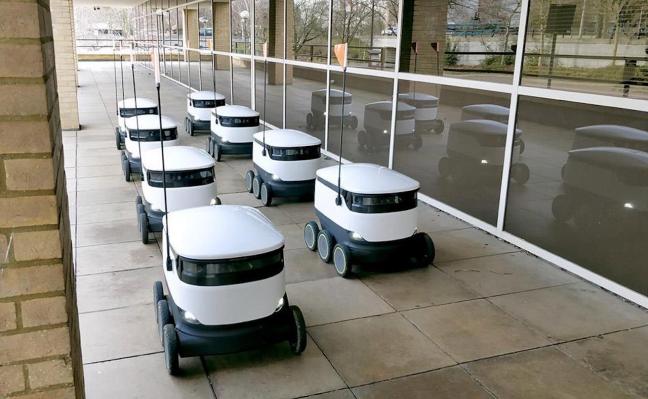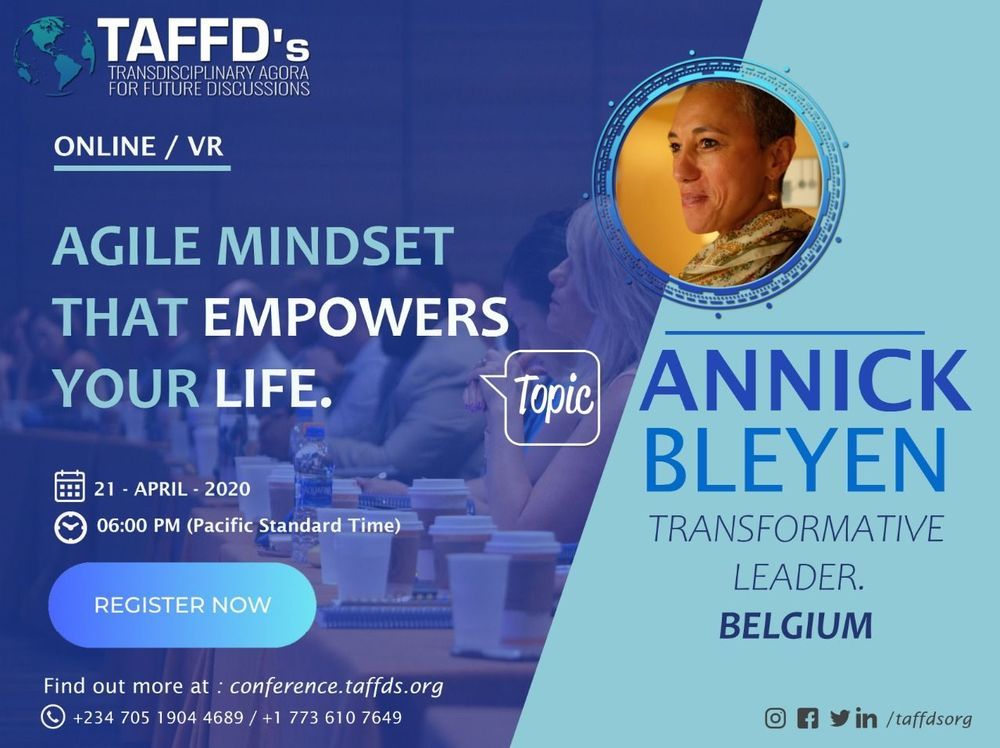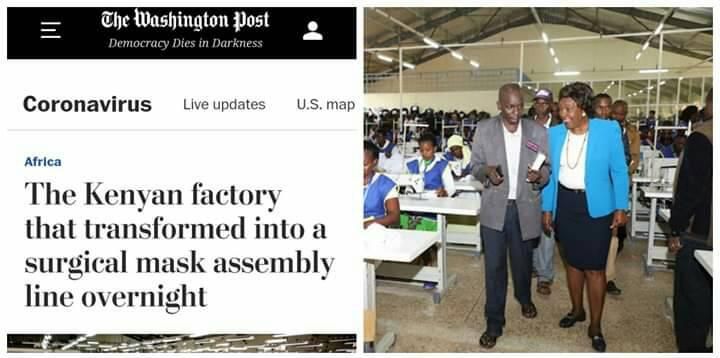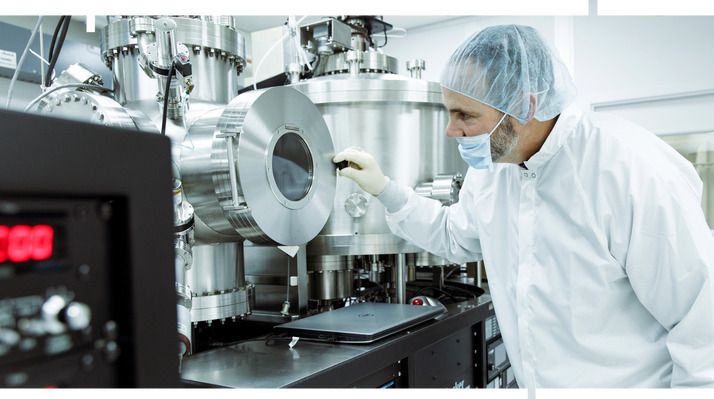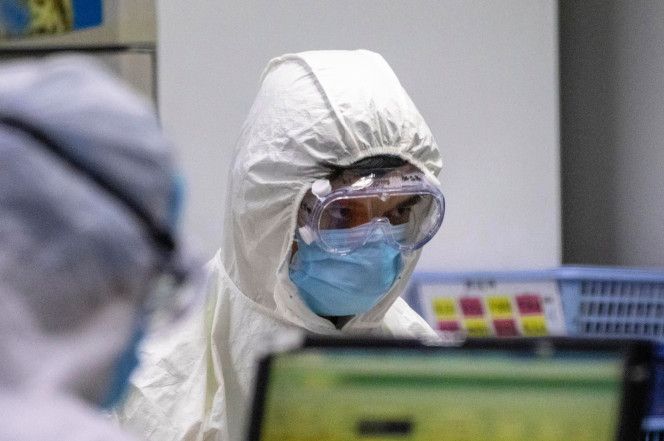
In another verification of the validity of Einstein’s theory of general relativity, published in Nature Photonics, scientists from the RIKEN Center for Advanced Photonics and Cluster for Pioneering Research, with colleagues, have used two finely tuned optical lattice clocks, one at the base and one on the 450-meter observatory floor of Tokyo Skytree, to make new ultraprecise measurements of the time dilation effect predicted by Einstein’s theory of general relativity.
Einstein theorized that the warping of time-space by gravity was caused by massive objects. In line with this, time runs more slowly in a deep gravitational field than in a shallower one. This means that times runs slightly more slowly at the base of the Skytree tower than at the top.
The difficulty with actually measuring the change in how quickly clocks run in different gravity field is that the difference is very small. Performing a stringent test of the theory of relativity requires either a very precise clock or a large difference in height. One of the best measurements so far has involved large and complex clocks such as those developed by the RIKEN group, which can measure a difference of around a centimeter in height. Outside the laboratory, the best tests have been taken by satellites, with altitudes that are thousands of kilometers different. Such space experiments have constrained any violation of general relativity to about 30 parts per million, a tremendously precise measurement that essentially shows Einstein to be correct.

